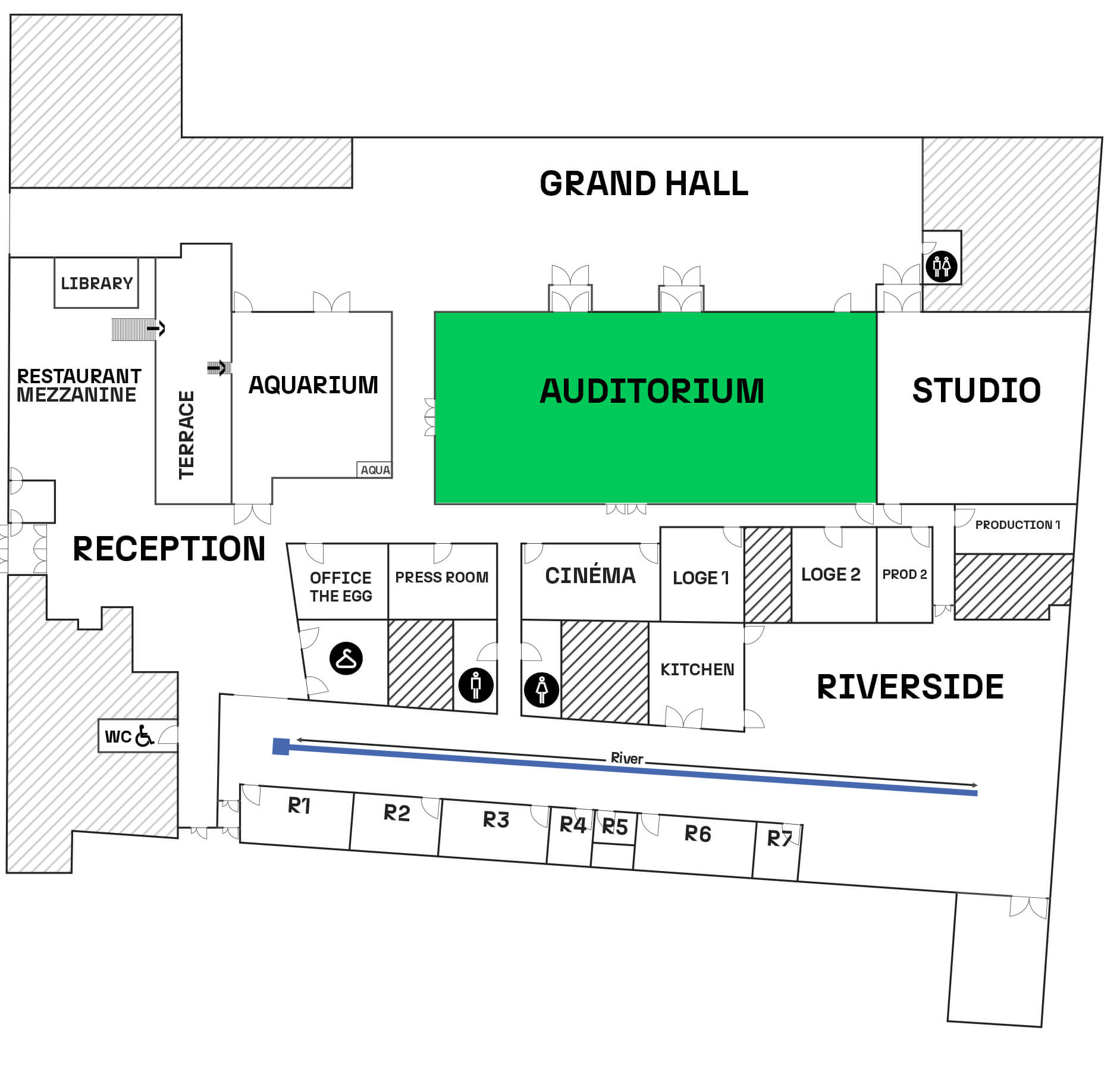Sustainability of research infrastructure for decision makers
Ensuring the long-term sustainability of neuroscience research infrastructure is a strategic priority for decision makers across government, academia, and industry. Beyond initial investments, these infrastructures must be designed, governed, and maintained to deliver value to the research community and drive progress in our understanding of the brain in health and disease. This session will examine the challenges and opportunities of sustaining neuroscience infrastructures across four key dimensions: financial, technological, organizational, and societal. By addressing these dimensions together, participants will gain practical insights on balancing competing demands, anticipating future challenges, and embedding resilience into the infrastructures that support innovation in neuroscience.

Who You’ll Be Hearing From
This session brings together expert voices from across the EBRAINS community and beyond. Discover the people sharing their insights, research, and perspectives on the topic.


Emma is Director of Development at Invest in Open Infrastructure (IOI), a nonprofit working to strengthen adoption and investment in the open infrastructure that supports research and scholarship. She provides strategic coaching and advisory services to open infrastructure organizations on financial planning, business development, product-market fit, and organizational sustainability. She facilitates cross-sector dialogues to strengthen the ecosystem, convening publishers, tech companies, funders, and mission-driven organizations to find common ground and explore how different stakeholders can collaborate. Emma's background spans conservation genetics, marine biology and commercial organic farming, plus over 26 years in STM publishing at Nature Publishing Group, Delta Think, Hindawi, and Wiley. She is a competitive swimmer, often found in the pool and subsequently eating carbohydrates.


Dr. Pernet is a senior scientist with interested in open science (data sharing with OpenNeuroPET; data standards with BIDS; best practices with the OHBM COBIDAS; practical ethics with the Open Brain Consent), and neuroimaging methods (preprocessing pipelines, QC, statistics) for clinical applications (brain tumours, dementia). Dr Pernet obtained a PhD in Cognitive Neuropsychology from the University of Toulouse III in France in 2004. He was then working with Prof. JF Demonet and Dr P Celsis on neurodevelopmental disorders using MRI, functional MRI and EEG. He next obtained a post-doc fellowship from the Fyssen Foundation to work in Finland with Prof. R. Salmelin on reading using MEG. He moved to the UK in 2006, working in Glasgow with Prof. B. Belin as post-doc research assistant, working on auditory (voice) processing using fMRI and EEG. He joined the Brain Research Imaging Center, Edinburgh in 2007, as fMRI lead for SINAPSE (Scottish Imaging Network A Platform for Scientific Excellence) and became Senior Research Fellow & functional imaging scientific leader for Edinburgh Imaging in 2015. In 2021, he joined the Neurobiology Research Unit in Copenhagen, coordinating the development of OpenNeuroPET.


The main focus of Jeanette Hällgren Kotaleski’s research is the use of modeling and simulations to understand the neural mechanisms underlying information processing and learning in the brain. The research spans multiple biological scales, from large-scale simulations of cellular-level neural networks down to kinetic models—systems biology approaches—of molecular and cellular processes. Interdisciplinary collaborations with experimental laboratories, both nationally and internationally, have been and continue to be essential to this work.


Mathew Birdsall Abrams, PhD, MPH is Director of Science and Training at the International Neuroinformatics Coordinating Facility (INCF), a global organization dedicated to open, FAIR, and citable neuroscience. Mathew is a neuroscientist with over 25 years of experience in both experimental neuroscience and clinical psychiatry, as well as 12 years of experience in community coordination, community building, and product development in neuroinformatics. Mathew has worked with the infrastructure developers of the world’s large scale brain initiatives (BRAIN Initiative in US, Human Brain Project in Europe, Canadian Open Neuroscience Platform, and Brain/MINDS in Japan). He also holds Positions of Trust in many neuroscience societies (e.g. SfN, FUN, FENS, and IBRO). Mathew conducted his doctoral thesis research at Tulane University and Karolinska Institutet, obtained his MPH in Health Systems Management at Tulane University School of Public Health and Tropical Medicine, and completed his undergraduate education at the University of Richmond.
Find your way on the map

